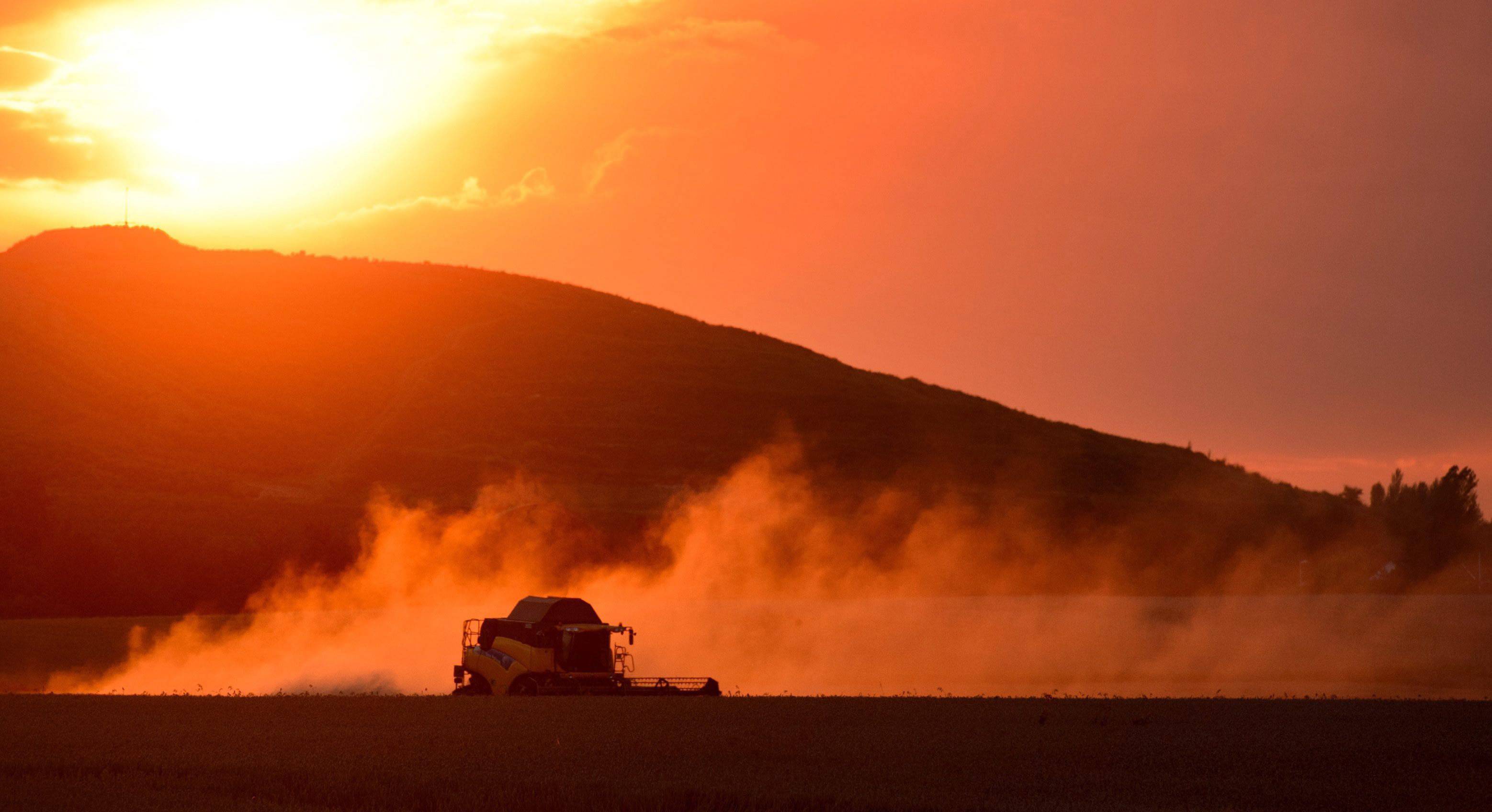USask agriculture researchers awarded $5.8M to help feed the world, protect the planet

Eighteen wide-ranging University of Saskatchewan (USask) crop research projects have been awarded a total of almost $5.8 million through Saskatchewan’s Agriculture Development Fund (ADF), a program jointly supported by the federal and provincial governments and supplemented by industry partners
USask Research
Innovative research into disease resistant and nutritious crops, human health applications of cannabis, biodegradable plastics made of plants, and tracing the carbon footprint of an agricultural operation are among the USask projects supported by the program, which also attracted almost $1.9 million in total industry funding for the teams.
“This major investment in USask research is indicative of the key role the university plays in growing Saskatchewan’s capacity as a world leader in the agricultural sector,” said USask Vice-President Research Karen Chad. “The adoption of new agricultural technologies and creation of competitive, value-added products has the potential for real-life benefits, including new jobs and increased economic prosperity for the province.”
“18 USask projects attracted a total of almost $1.9 million from a wide range of organizations and agencies”
The ADF program is supported through the Canadian Agricultural Partnership, a five-year $388-million investment by the federal and provincial governments in strategic initiatives for the sector in Saskatchewan. A total of $9.8 million was announced Jan. 12 for 39 agricultural research projects in the province and across the country, of which more than half were awarded to USask.
Major USask projects awarded funding include:
- Strengthening pulse crops in the field and beyond: More than $1.4 million has been awarded from the ADF program to USask researcher Kirstin Bett for two projects:
- Improving lentil quality and nutritional value by borrowing traits from wild lentils and developing new computerized imaging technology to target desirable seed characteristics. The results will lead to higher value lentils, and access to new, specialty markets for producers.
- Developing high-yielding, disease-tolerant dry bean varieties. The results will provide new, high-value pulse crop options that are well-suited to irrigation.
- Developing high-yielding chickpeas: Plant researcher Bunyamin Tar’an will use $730,000 from ADF to develop high-yielding, large seed kabuli chickpea varieties suited to Western Canada. The results will lead to new chickpea varieties, benefitting Saskatchewan’s producers and broader economy.
- Tar’an will also receive $236,000 from ADF to study how using genetic diversity from wild chickpeas could help combat Ascochyta blight, a major disease threatening chickpea production across Western Canada.
- Breeding healthy peas for Western Canada: Tom Warkentin, Saskatchewan agriculture ministry’s Strategic Research Program Chair in Pulse Crop Breeding and Genetics, was awarded the largest single-study award from ADF this year—more than $981,000—to develop high-yielding, root-rot-resistant pea varieties. Root rot, a disease widespread across Western Canada caused by a combination of fungus and other pathogens, can destroy as much as 70 per cent of a farmer’s crop during a wet year.
Other innovative crop-related projects with potential economic impact include:
- Finding plant-based climate-friendly alternatives to plastics ($360,000): Plant scientist Martin Reaney’s research aims to create carbon-neutral, biodegradable plastics from canola and pulse products to ease pressures on our oceans and landfills. Reaney is Saskatchewan agriculture ministry’s Strategic Research Program Chair in Lipid Quality and Utilization.
- Measuring the carbon footprint of crops ($230,000): Plant scientist Kate Congreves’ research team will establish Saskatchewan’s first Greenhouse Gas Monitoring Station using micrometeorological techniques to measure greenhouse gases year-round and determine the net carbon footprint of a canola-cereal rotation. This type of field-scale data is needed to help the industry move forward in a carbon-based marketplace.
- Solidifying cannabis as a Saskatchewan product ($188,000): Plant researcher Tim Sharbel will study the genetics of a cannabis seed material collection owned by Konetics, a company with ties to the Saskatchewan market. The goal is to strengthen the cannabis industry in the province through vigorous quality control of agronomic traits, in addition to connecting this material to the Cannabinoid Research Initiative of Saskatchewan for scientifically based studies on applications to human health.
- Heading off disease in wheat ($410,000): In two projects, wheat breeder Curtis Pozniak will take aim at protecting wheat crops from fungal pathogens by identifying novel disease resistance in wheat strains from around the world, and by pinpointing the mechanisms used by Fusarium head blight—the most serious disease affecting wheat production in Canada—to overcome wheat’s defences.
- Removing arsenic with agricultural waste ($70,000): Engineering researcher Jafar Soltan is testing the use of low-value agriculture residue—such as straw and meal from canola, barley, wheat, and mustard—to transform it into high-value adsorbents that remove arsenic from mining wastewater. Soltan and his team of experts will engage in research using the Canadian Light Source synchrotron and a pilot project that simultaneously works in two vital economic sectors: mining and agriculture.
The 18 USask projects attracted a total of almost $1.9 million from a wide range of organizations and agencies including Saskatchewan Pulse Growers ($634,000), Western Grains Research Foundation ($588,000), Saskatchewan Wheat Development Commission ($340,000), Saskatchewan Canola Development Commission ($186,000), Alberta Wheat Commission ($72,000), the Manitoba Crop Alliance ($66,000), and the Saskatchewan Oat Development Commission ($3,000).
Read a backgrounder from the Saskatchewan Ministry of Agriculture with details on all the projects funded.












